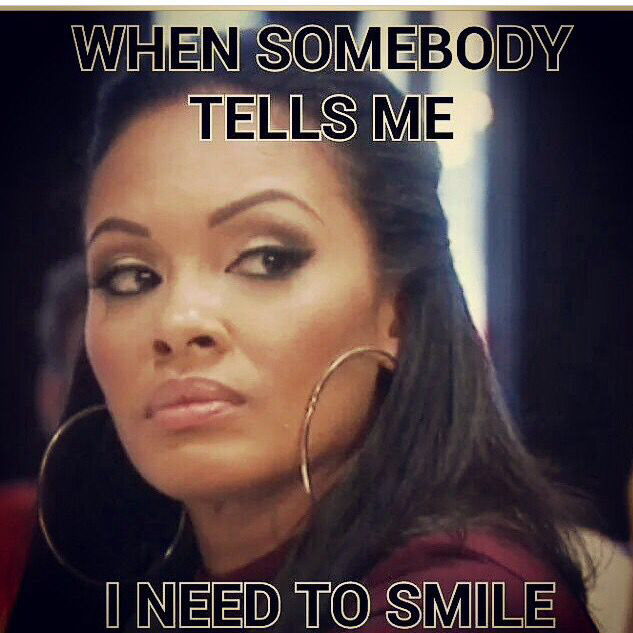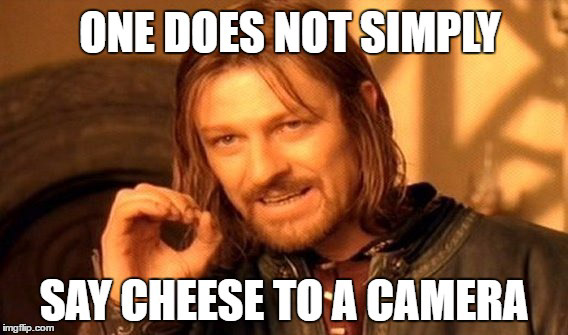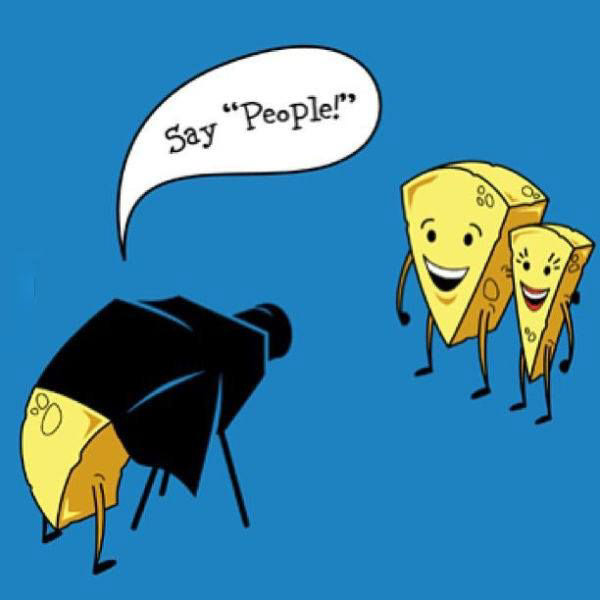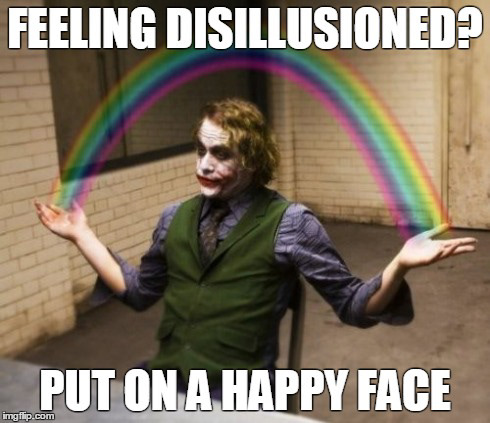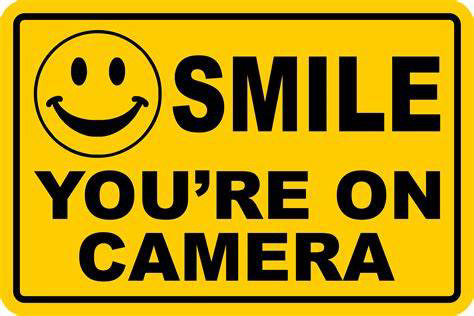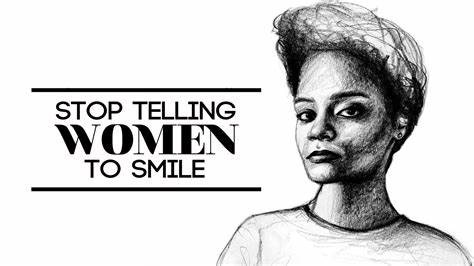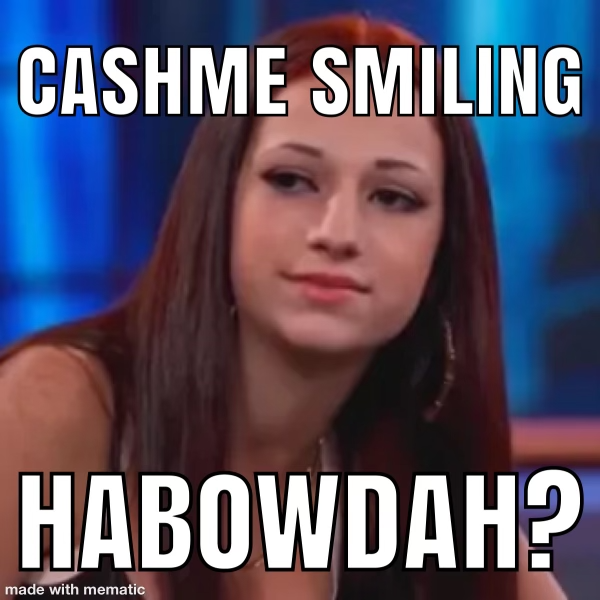Authenticity. As much as possible.
Photoshoots can feel like staging (and then freezing) moments in time.
Obviously, during a planned and structured photoshoot, some of the authenticity between the subjects can feel like it gets lost. You suddenly become aware of a camera on you, and the connection you typically have with your partner or family member suddenly feels like it's under a microscope, and you feel insecure. I mean, at the root of it, we are literally staging happiness, smiles, and positions, and then capturing those moments during a photoshoot. We all know what we're there to do.
A camera possesses the power to freeze whatever visual and emotional phenomena were happening in that moment, and carries with it that phenomena whenever you look back on a photo. This ability to freeze emotion also runs the risk of producing empty photographs - i.e. producing pictures devoid of real feeling when you look back on them, because what was occurring for you during the shoot was anxiety, stress, or insecurity. The final pictures might be pretty, and even impressive - but they lack something major about the inherent power of photography.
I believe a good photo is more about the feeling YOU get looking back on a picture of yourself, your loved one, your family; it's a still image that you can look back on for years to access that frozen emotion or memory. I believe the best photographs aren't necessarily the most crisp, clean, magazine-worthy, prize winning photographs (although, of course, I aim to provide high quality images too!). I believe the best photographs are those that capture the emotion we genuinely feel; freeze them; and allow us the privilege of reliving and revisiting those emotions, feelings, and memories, when our minds are unable to conjure them up in perpetuity.
Especially in this age of social media, the 'how' and 'why' of taking and looking at photos have changed. If we're honest with ourselves, most of us have a tendency to present for the outside world. And that's okay. Beautiful, staged photographs have their place and purpose. But I believe deep down, we like to see ourselves reflected as we really are. And the special photos are the ones that do so, and which invoke memory and real connection.
This philosophy underpins everything about how I carry out a photoshoot. I try my best to join you as a friend in our session to co-create a gallery together that is reflective of YOU - through prioritizing your comfort, inviting you to genuinely connect with your loved one(s) or with me, and then to do what I enjoy doing: Observe and capture.
SMILING IN PHOTOS
Some History on Smiling in Photos
"Experts say that the deeper reason for the lack of smiles early on is that photography took guidance from pre-existing customs in painting—an art form in which many found grins uncouth and inappropriate for portraiture. Though saints might be depicted with faint smiles, wider smiles were 'associated with madness, lewdness, loudness, drunkenness, all sorts of states of being that were not particularly decorous.'"
Now You Know: Why Do People Always Look So Serious In Old Photos? Time Magazine (2016)
My Hot Take: " Saaaaaaay, CHEESY!"
One of my favorite moments photographing people this year was when I was doing headshots at a conference in Albuquerque this past April.
A woman about 55-60 years old with a soft, gentle energy stepped out of line into "the spot", and immediately started telling me how much she hates every picture of herself, and was dreading this experience, but hadn't had a headshot in 10 years, and "knew she had to do it" (which is a very common thing to hear as a photographer). I tried to help ease her anxiety by suggesting various poses and giving directions. Now, this was a professional headshot shoot. So, I proposed the "crossed arms over chest" pose, which can be a power-pose vibe, and a lot of people like it. Up until that point, this woman had been pretty reserved; but in that moment, she looked at me point blank and said "I don't want that energy in my headshot".
I was SO grateful she felt self-confident enough to say that to me. We posed her in a more humble position. When I showed her the camera to review her images, she just said, "Wow." She loved herself and how she looked. It was a beautiful moment for both of us. She thanked me and we hugged, but one of the main reasons for her pictures coming out so well is because she advocated for how she wanted to be seen.
Excuse this un-photographer-esque soap box, but I low-key hate the cultural concept of smiling in pictures, for the same reason. As you'll see in my photos, it's not like I'm telling people not to smile. But also, actually, I do straight-up tell people not to smile sometimes. I think people's neutral expressions are beautiful -- sometimes (often) even more beautiful and authentic than the expressions that come out when a camera is pointed at you, and the societal pressure to smile instilled in you since kindergarten picture day comes out. Nobody likes feeling like our face is hurting from faking a smile for minutes on end, and I'd argue we certainly don't like looking at those pictures of ourselves either, at least not as much as we like to see our genuine happiness reflected in images (or a mirror, for that matter).
If my own internal landscape is any indication of how others might feel, I'll just say it: I've been told to smile for the camera my whole life, no matter how I'm feeling, and I hate being told to smile for the camera..."WITH TEETH, LAUREN!" Makes me cringe every time (...love you Mom). My response is, "catch me actually smiling". To this day, and because I'm stubborn, I usually end up making a dumb face to boycott the request. That said, shoutout to those loved ones for indirectly encouraging my "behind the lens" endeavors ;)
Photography is supposed to "capture the moment". The real moment. It's not supposed to create or freeze false depictions. The range of human emotion goes so far beyond just giant, toothy, supersmiles, and when I look back on the pictures of my life, I'd hope that there are as many expressions captured of me as I've actually felt. Because that is me. I sometimes smile when I'm sad, and I sometimes have resting bitch face when I'm feeling happy, proud, joyful, pensive, curious, humored, or pissed off. I also, of course, smile and laugh when happy, and I cry (or feel irritated) when sad or angry. How many pictures do I need of myself smiling in front of different backgrounds? That's such a dimmed down version of who I am, and of how I was likely feeling in those moments. We are all diverse and multilayered. So when people smile in pictures I take of them, it's usually because they're smiling for real. Not because I've told them to say cheese.
Carrying this feeling and perspective with me deeply, I KNOW many, if not a majority, of people being photographed have a sense of this too. It makes me want to reach out and attempt a genuine connection with subjects before putting a lens in your face. Maybe we can crack a few jokes and laugh together?!
What's your automated response when a camera comes out? In my experience, most of us suddenly become aware that we do, in fact, have arms attached to our bodies, and we suddenly have no idea what to do with them. That's because we get a jolt of self-consciousness: we become conscious of our own selves. Conscious of the fact that we do, in fact, exist. And that someone is looking directly at us. Expecting us to do something.
The next time a camera is pointed at you and you feel pressured to smile or do something different than you're doing, or annoyed at being forced to feign something, I'd encourage you to take a breath, come to the present moment, and try to maintain your authentic energy. Get back in touch with what your arms were naturally doing before you remembered you had them :)
Cameras can feel invasive. Or they can feel empowering with the right intentions. Obviously, everyone hires a photographer in hopes of feeling the latter. The nature of holding a camera is vulnerable too, knowing its effect on people. My journey as a photographer is to check my own energy, hopefully to help maintain authenticity. It's an interesting challenge to stay present on both sides. To not facilitate or perpetuate the cultural pressure for people in front of a camera. It's a work in progress for me. Sounds cliche, but whether I'm getting paid or shooting a friend/family gig for free, I feel grateful every time to be given permission to photograph. It takes trust to be photographed; it takes trust that the photographer has your best interest and a vision in mind for capturing you the way you want to be seen. My journey as a photographer is to practice with that understanding always at the forefront. And to not force you to look some way that you don't want to look. To instead capture y'all for real for real. Smiling, not smiling, and anything in between :)
-Lauren
See also: Kotchemidova, Christina (2005) 'Why We Say "Cheese": Producing the Smile in Snapshot Photography', Critical Studies in Media Communication, 22:1, 2. https://sites.uni.edu/fabos/seminar/readings/cheese.pdf

